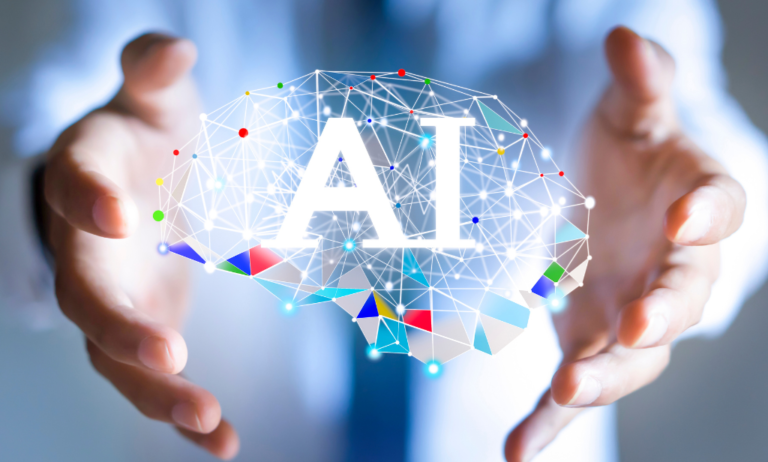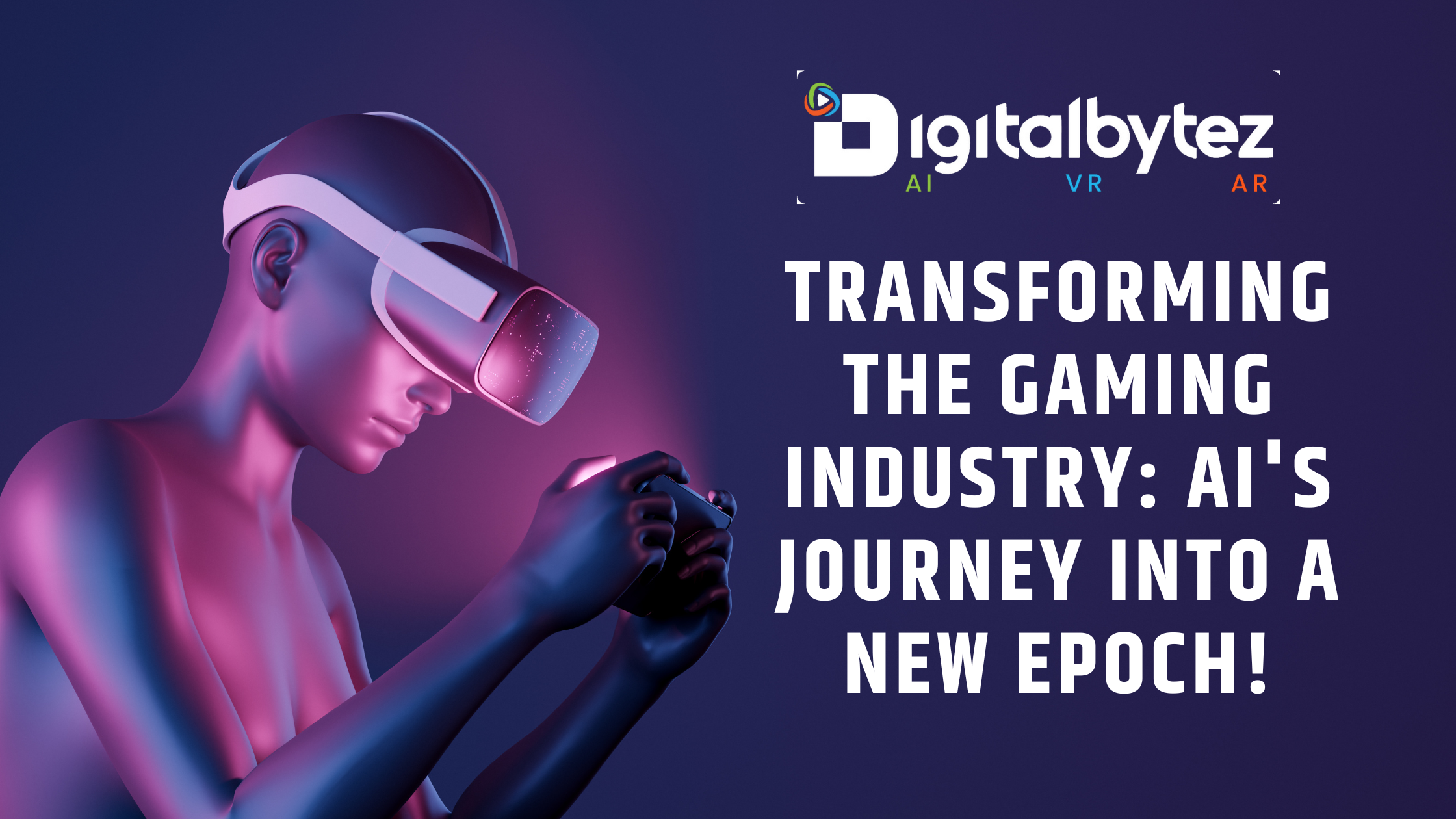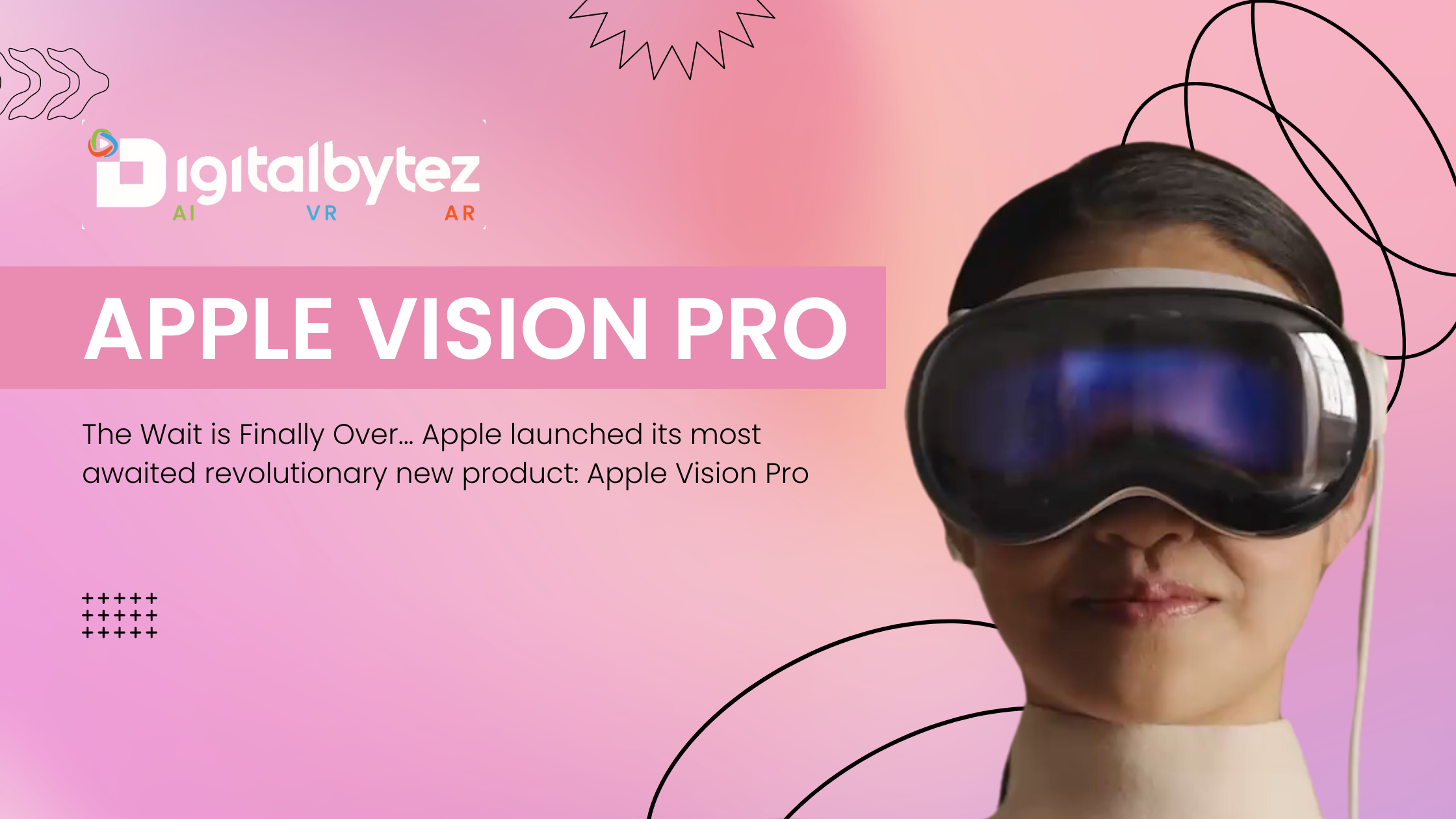
Understanding How Artificial Intelligence will Challenge the World in 2024
“AI will either be the worst or best thing for humanity.” -Stephen Hawking
Well, deciding on the “worst” or “best” would take a while, but here’s what you can read actually to understand what’s exactly going on! What is this hype for? What actually is taking AI to the zenith?
Let’s Step into the fiercely advanced world of “Tomorrow!” As the clock strikes 2024, the curtain rises on a setting where AI takes the limelight, shaping industries in a way we never dreamed possible.
Imagine a world where AI algorithms are the conductors of innovation, creating a symphony of progress that touches every aspect of our lives. From the skies filled with autonomous drones to the mysteries of the human genome, the magic of AI is woven into the fabric of our reality.
Yep, that is likely what the AI realm looks like!
Are you ready to be captivated? Let’s explore the fascinating saga of AI’s transformation, revolutionizing multiple industries with its remarkable innovations in 2024.
Understanding Artificial Intelligence
AI is nothing but the byproduct of technology, just like computer learning! Put simply, Artificial intelligence is a natural result of advancing technology, much like how computers learn and evolve.
Artificial intelligence imitates the human intellect, especially operating systems like computer programs, including voice commands and language processing functions.
AI is a tool that works on the software and hardware specially made for it. It requires these inputs to generate the outcomes like writeups and machine learning algorithms. It is no wonder, Languages like Python, C++, and Java are popular in the production of AI.
Power of Artificial Intelligence
The potential of AI technology is vast and promising. The ability of machines to learn and adapt to new situations has opened up a world of possibilities for industries such as healthcare, finance, and manufacturing. With AI, we can analyze large amounts of data and gain previously impossible insights.
- This technology can also assist in decision-making processes, improving accuracy and efficiency. The potential for AI is limitless, and we can expect to see even more advancements.
- A vast volume of labeled training data is typically ingested by AI systems, which then examine the data for correlations and patterns before employing these patterns to forecast future states.
- By studying millions of instances, an image recognition tool can learn to recognize and describe objects in photographs, just as a chatbot can produce lifelike dialogues with people just on given examples of text! Fascinating, isn’t it?
- Generative AI approaches can produce realistic text, graphics, music, and other media. Being the replica of human cognitive skills, AI is the tool the world uses to shape its future.
This can be proven by the numbers that Approximately 44% of firms plan to invest significantly in AI and incorporate it into their operations. And 2,300 of the 9,130 patents that IBM inventors were awarded in 2021 had an AI-related subject.
AI and Healthcare
By providing accessible and quick diagnoses—Artificial intelligence has truly transformed the healthcare sector. It has also played a big hand in drug discovery. Indeed, AI-powered assistants have the potential to enhance patient care by providing personalized treatment plans and monitoring patient progress.
As AI continues to evolve, it presents a bright future in the healthcare industry, where it can assist in delivering better patient outcomes and a better quality of life.
AI and Education
Artificial intelligence in education has customized the learning experience for students based on their emotions and individual requirements. Implementing machine learning and natural language processing facilitates the digitization of books—paving the way for significant changes in education.
AI and Transportation
Need not to mention; one notable example of AI’s impressive capabilities is Tesla. It shows us that autonomous vehicles are just one of the many advancements in transportation technology.
AI has the ability to revolutionize the way we work and live, and it’s exciting to see how it will continue to evolve and improve over time. As it becomes more integrated into our daily lives, we can expect to see even more innovative and valuable applications of this powerful technology.
On the other hand, it’s important to note that AI also has potential negative consequences. Let’s have a glance…
The CEO of Apple has rightly pointed out that collecting personal data for AI is not efficient but rather a result of laziness.
This shows AI’s potential privacy issues, which must be taken into consideration! AI must respect human values, including privacy, to be considered truly intelligent.
While AI has numerous benefits, failure to consider and protect privacy could lead to profound dangers. Privacy must be taken into consideration when implementing AI.
Not just this, there’s more:
- AI replacing human workers in various industries is a major concern. It may automate tasks traditionally done by people—leading to job losses and unemployment in specific sectors.
- AI can pose privacy and security risks due to the extensive data collection and analysis required. If compromised, sensitive data can be misused, leading to significant breaches.
- AI has ethical implications, especially in warfare, where autonomous weapons can cause indiscriminate harm. Developing AI systems replicating human behavior and emotions raises questions about consent.
- AI can have severe consequences if you fail! The need for human oversight and backup plans is always needed! AI lacks human judgment, intuition, and emotional intelligence, which are crucial in certain contexts.
The Verdict
Honestly, it is tricky to judge whether AI would transform the world or not! Elon Musk has repeatedly warned that AI will soon become just as intelligent as humans, and that will be a terrifying situation because humanity’s existence will be at stake.








